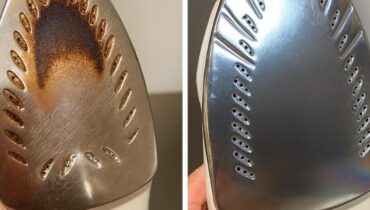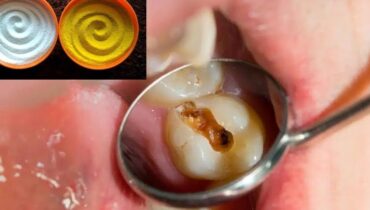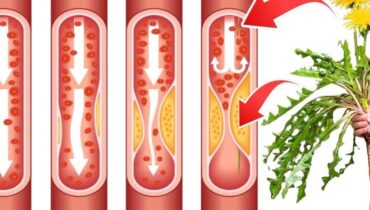📌 Massive Jugular Distension: A Warning Sign You Shouldn’t Ignore

Posted 11 September 2025 by: Admin
Your body often whispers warnings before it ever screams—and sometimes, the signs appear in unexpected ways.
Jugular distension refers to the visible swelling or bulging of the jugular veins in your neck. These veins return blood from your head to your heart, so when they appear enlarged, it can signal that blood flow is being obstructed or that your heart and lungs are under strain. It’s not just a cosmetic issue—it can be a crucial warning sign.
Key Causes to Watch For
- Heart Failure: Inefficient pumping can cause fluid buildup, making jugular veins swell.
- Lung Diseases: Conditions like COPD can disrupt circulation and increase venous pressure.
- Pulmonary Thromboembolism: A blocked artery in the lungs can raise pressure in the veins.
- Venous Compression: Tumors or mediastinal masses may physically compress the veins.
- Vascular Dilation: Changes in vein elasticity can also cause distension.
Symptoms That Require Attention
- Extreme fatigue or weakness
- Shortness of breath, even with minimal effort
- Swelling in ankles or feet
- Chest discomfort or pressure
- Dizziness, fainting, or sudden lightheadedness
If you observe these along with jugular distension, seek medical evaluation immediately.
Managing and Supporting Cardiovascular Health
- Balanced Nutrition: Choose whole grains, leafy greens, lean protein, and potassium-rich foods like bananas to support circulation and blood pressure.
- Stay Hydrated: Adequate water intake supports healthy blood flow and blood pressure regulation.
- Exercise Wisely: Moderate activities like walking, yoga, or swimming improve heart function and circulation.
- Control Stress: Techniques like meditation or deep breathing reduce cardiovascular strain.
- Consult Professionals: Before using supplements like omega-3 or garlic, check with a doctor to avoid interactions with medications or conditions.
A Boy’s Mysterious Hand Marks Reveal a Hidden Danger
In Phu Tho, Vietnam, a 4-year-old boy developed unusual, winding marks on his palm just days after playing in a sand pile. What looked like a harmless scratch between his fingers turned out to be schistosome larvae penetrating his skin—a parasite commonly found in contaminated freshwater.
Doctors at Hung Vuong General Hospital explained that adult schistosomes can lodge in blood vessels, laying eggs that cause inflammation and long-term organ damage if untreated. Early symptoms include fever, rash, abdominal pain, and coughing; chronic infection may lead to liver enlargement, anemia, digestive issues, or blood in stool or urine.
Preventive Advice for Parents:
- Avoid letting children play in or bathe with contaminated water or sand.
- Ensure access to clean water sources and proper sanitation.
- Keep up with regular deworming and parasite checks if you live in at-risk areas.
Your body and your environment both send warnings. Jugular vein swelling could be a sign of serious heart or lung issues, while something as innocent as a scratch in the sand can expose a child to harmful parasites. Staying attentive to subtle changes—and acting early—can prevent complications and protect long-term health.



















